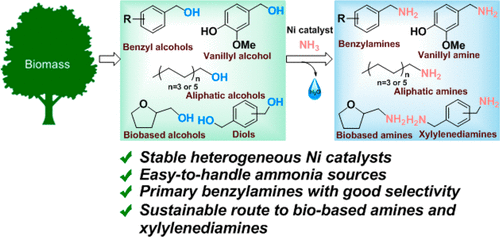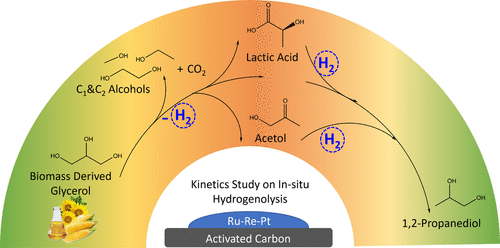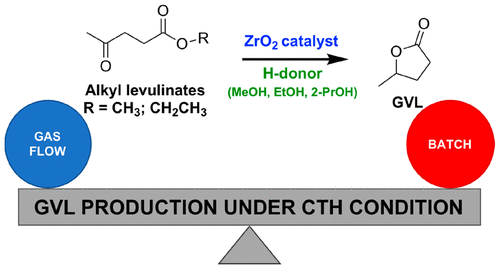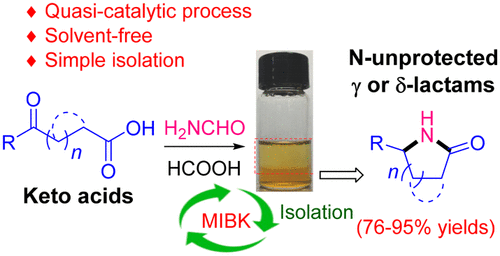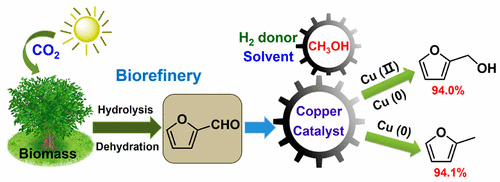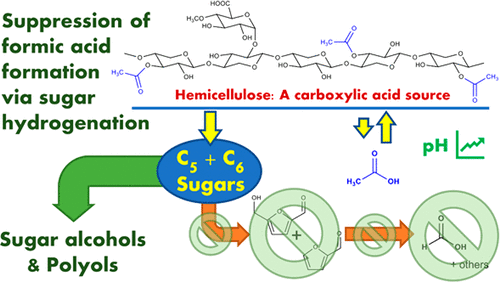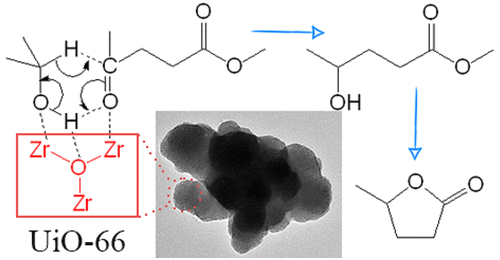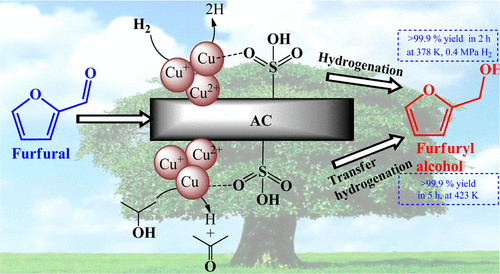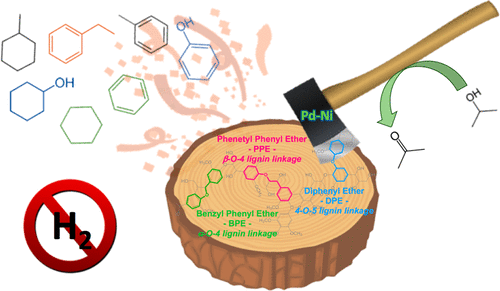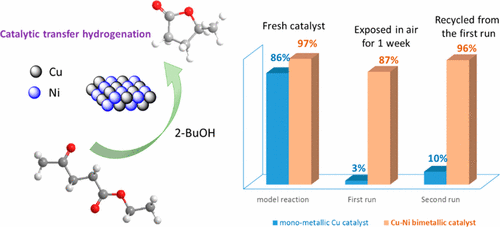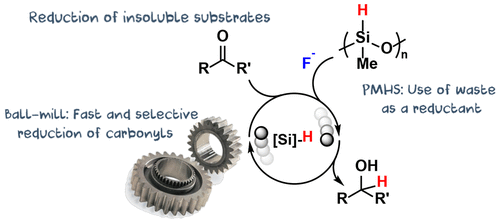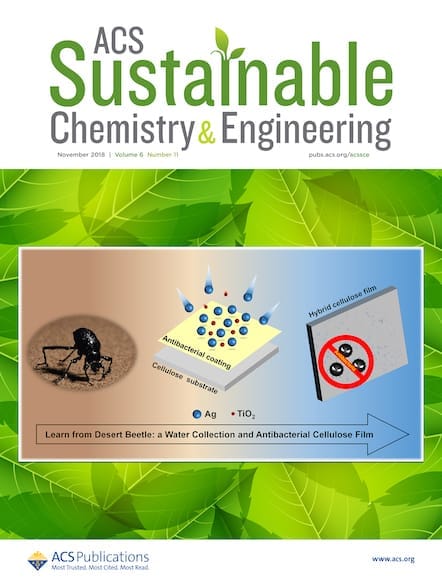Transfer hydrogenation and other hydrogen-neutral processes are finding increasing application as mild and selective routes to valorization of biomass. The design of economically viable biorefinery processes necessitates the development of such mild and selective routes to the valorization of all biomass components, especially the most challenging ones such as lignin. Across numerous contributions, this VSI […]

Transfer hydrogenation and other hydrogen-neutral processes are finding increasing application as mild and selective routes to valorization of biomass. The design of economically viable biorefinery processes necessitates the development of such mild and selective routes to the valorization of all biomass components, especially the most challenging ones such as lignin. Across numerous contributions, this VSI provides a timely snapshot of the design and development of elegant catalytic hydrogen-neutral routes that embrace homogeneous and heterogeneous catalysts, and which will likely seed further developments towards the design of economically viable biorefineries.
Read the Editorial by Adelina Voutchkova (George Washington University), Guest Editor and Early Career Board member, ACS Sustainable Chemistry & Engineering.
Sequential Catalytic Modification of the Lignin α-Ethoxylated β-O-4 Motif To Facilitate C–O Bond Cleavage by Ruthenium-Xantphos Catalyzed Hydrogen Transfer
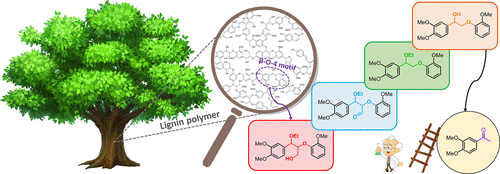
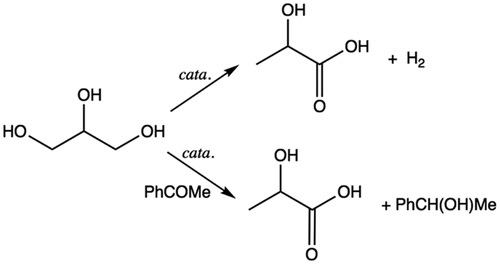
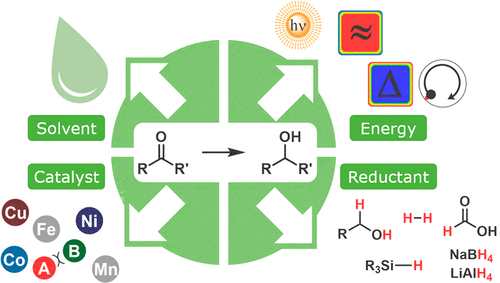
Primary Benzylamines by Efficient N-Alkylation of Benzyl Alcohols Using Commercial Ni Catalysts and Easy-to-Handle Ammonia Sources
